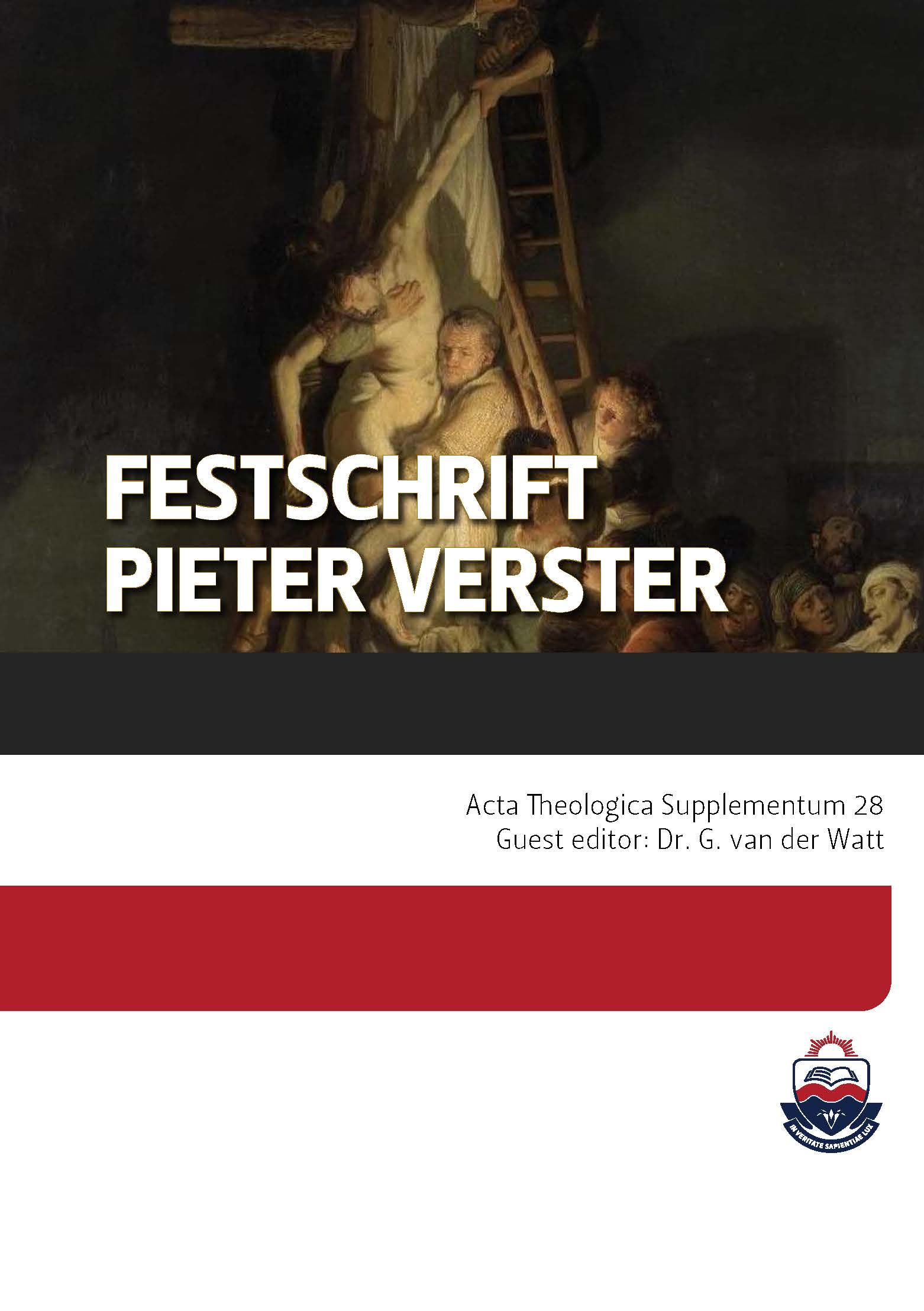KAREL SCHOEMAN EN DIE LEEFWÊRELD VAN VROEË SENDELINGE IN SUID-AFRIKA –
’N OORSIG OOR SY SENDINGGESKIEDSKRYWING
DOI:
https://doi.org/10.38140/at.v0i0.4048Keywords:
Karel Schoeman, Missionary history, Historiography, PietismAbstract
Karel Schoeman, the award-winning Afrikaans author, not only wrote several seminal novels (for which he received the highest Afrikaans literature prizes), but his contribution to research focusing on the 18th and early 19th century South African sociocultural history is also remarkable. He collected and put together an enormous volume of archival resources accessible to a large audience of interested readers and scholars alike. He especially concentrated on the history of missionaries and mission organisations; he wrote a long list of biographies, of which the most important ones were of women with some connection to the missionary endeavour. Schoeman’s unique approach to historiography is making a significant contribution that is relevant to missionary history and theology as such. He retrieved often neglected but important voices from the past. Contrary to canonised, confessional and denominational church history, he opted to focus on missionaries (Black and White), slaves, women, and the historically marginalised. He wrote about their “lived faith” within the sociocultural contexts of their time. He did substantial work on Pietism as a religious movement impacting on the Afrikaner piety of the era, stimulating missionary endeavours. This article argues that Schoeman’s historiographic legacy (his oeuvre and distinct approach) makes an invaluable contribution to South African theology and missionary history.




